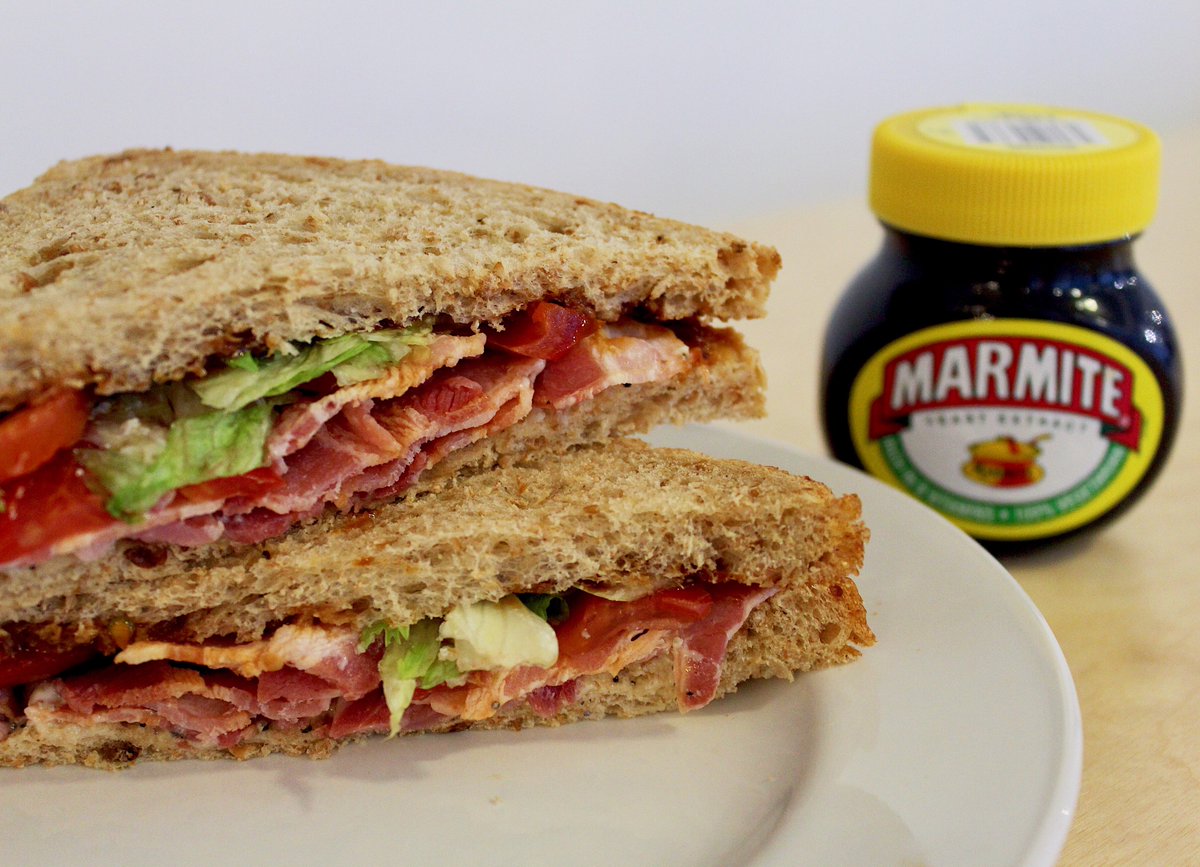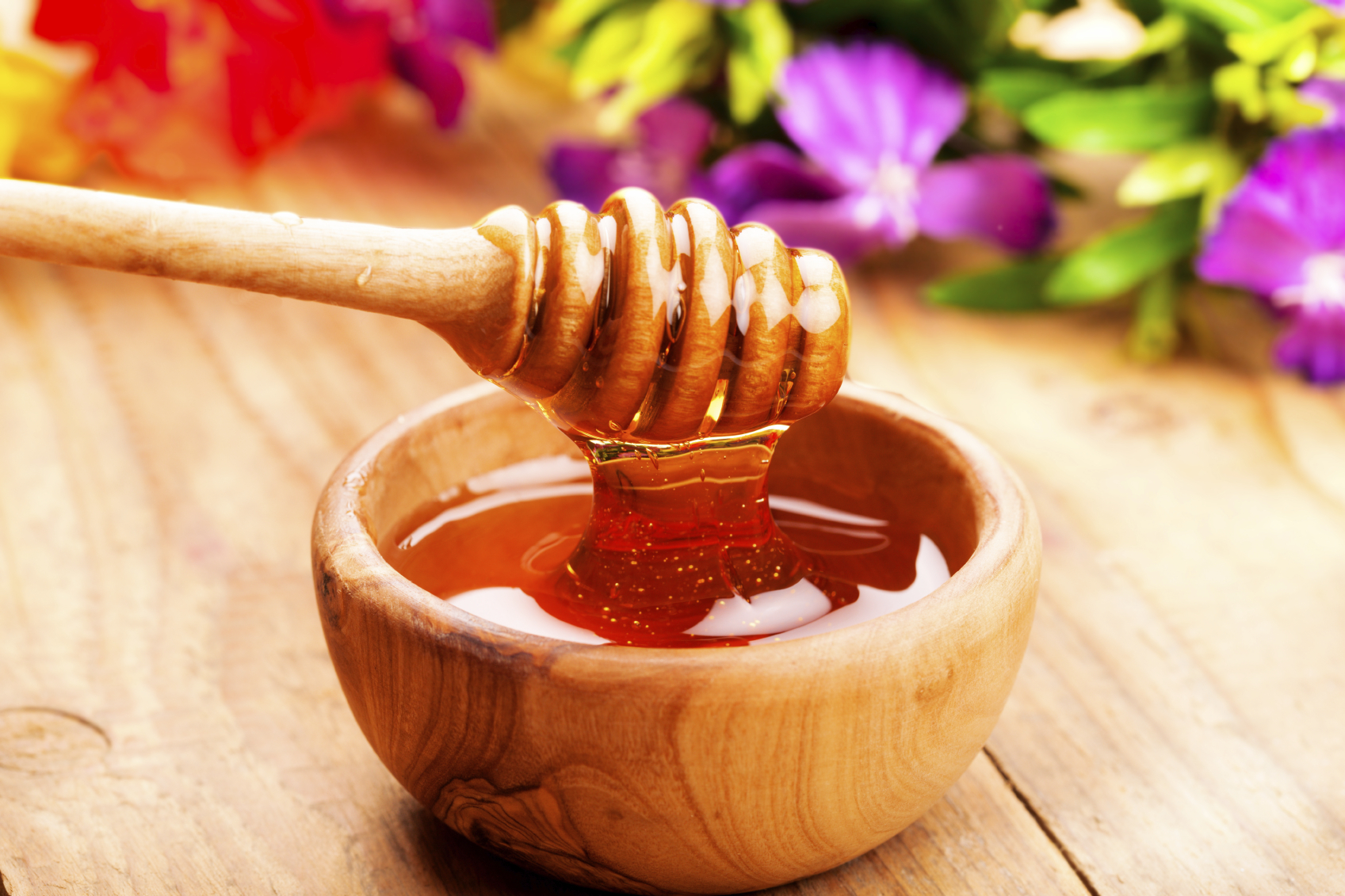
New evidence reveals that Marmite, a British food paste made from yeast extract, may be better than peanut butter in bolstering brain function and may even help stave off dementia. It is one of the most popular sandwich spreads in the UK with a strong distinctive taste that many people love or hate. However the spread may gain new fans after a recent study found that yeast extract may increase levels of a neurotransmitter linked with healthy brain function.
The study was conducted in the University of York (UK) and published in the Journal of Psychopharmacology. It discovered that a eating a teaspoon of Marmite every day led to lower response levels to visual stimuli. This indicates increased levels of gamma-aminobutyric acid (GABA) in the brain. This is a neurotransmitter responsible for slowing down or ‘calming’ brain cell activity which helps to restore the best balance of neuronal activity required for healthy brain functioning. Earlier studies show a correlation between low GABA levels and an increase in neurological health disorders, including autism, depression, epilepsy, Alzheimer’s, and Parkinson’s. GABA also helps in bringing down anxiety levels, inducing sleep, and calming nerves.
The study involved 28 adults in total who were randomly divided into two test groups. It was supervised by Dr. Daniel Baker from the Department of Psychology at York. One test group ate one teaspoon of Marmite every day for a month. The other control group ate one teaspoon of smooth peanut butter daily. At the end of the month all the subjects underwent electroencephalograpy (EEG) – a technique used to measure brain activity in response to visual stimuli in the form of flickering lights on a computer screen. The Marmite test group showed a 30 percent reduction in responses to visual stimuli compared to the peanut butter group, indicating an increase in GABA levels. These reduced levels associated with the Marmite group lasted for around 8 weeks after the study ended and suggested that dietary changes could potentially have long-term effects on brain function.
The study found that Marmite contains 116 times more B12 than peanut butter. This vitamin most likely increases GABA levels leading to a lessening in the responsiveness to visual stimuli and acting as a preventive against neurological disorders according to Dr. Baker. It also makes red blood cells and protects the nervous system. The research team was not willing to make any firm conclusions on Marmite’s efficacy in boosting brain function but they believe that dietary changes may have a long-term impact on brain function. What they did postulate was that the study demonstrated how dietary changes can impact on cortical processes and therefore could become a starting point in conducting further research for possible medical or therapeutic applications in the future. Dr. Baker added that further studies might investigate how diet could be used as a potential gateway in understanding how the GABA neurotransmitter worked.
Researchers might now study whether eating Marmite might help patients with neurological disorders. Dr. James Pickett, the head of research at the Alzheimer’s Society, said that study could not demonstrate the impact of Marmite on dementia because it only looked at responses to visual stimuli. But he agreed with Dr. Baker and his team that the study gave a deeper understanding on the correlation between diet and function of nerve cells in the brain. He added that regular exercise, not smoking, and keeping blood pressure in check all contributed to better brain health as well.







